Understanding Heresies: Their Nature and History Question: Dear Father Cush, I was the person who asked if there were any Trinitarian theology before the First Council of Nicaea. Thank you for your very thorough answer last month, but I am … [Read more...]
Benedict XVI on Self-“Excommunication”
In his Encyclical Eccelsia De Eucharista, Saint John Paul II reiterated the proclamation of the Second Vatican Council that the celebration of the Eucharist is “the source and summit of the Christian life.”[1. Pope John Paul II, Ecclesia De … [Read more...]
“The Indelible Mark”
Sacramental Character in Patristic and Scholastic Theology
The history of the development of doctrine is, in many ways, a history of language. It is a story of the perpetual struggle to adequately communicate the divine realities in human words, or at the very least, to attempt to do so without … [Read more...]
True, Virginal Wife of Joseph
Recently, a holy, married couple made the following claim regarding the central place of sexual intercourse in sacramental marriage, expressed as a personal insight, gained over the course of more than 50 years of sacramental … [Read more...]
Holy Communion: Sharing in the Threefold Munus of the Divine Gladiator
The Church early on espoused munus to designate the triple character or office of the God-Man, Jesus Christ: he is at the same time Priest, Prophet and King or Shepherd. Gladiators fighting to the death; Christ's glorious resurrection … [Read more...]
The Septuagint in the Theology of Joseph Ratzinger / Pope Benedict XVI
In ascribing to the Septuagint a theological relevance reaching above and beyond the literal content of its Hebrew source, making it an “independent textual witness,” Benedict is drawing upon the theology of revelation that he began to dev … [Read more...]

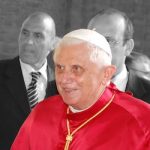
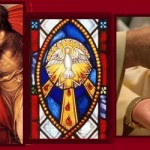

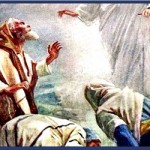
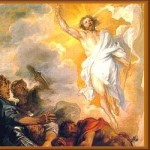
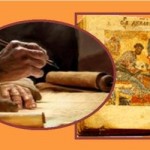
Recent Comments